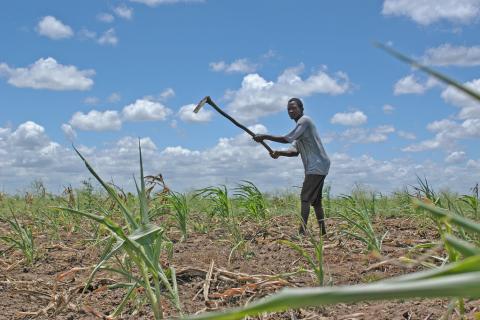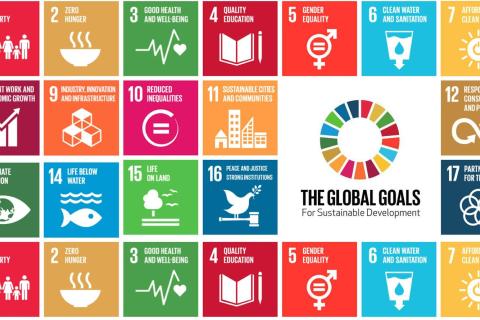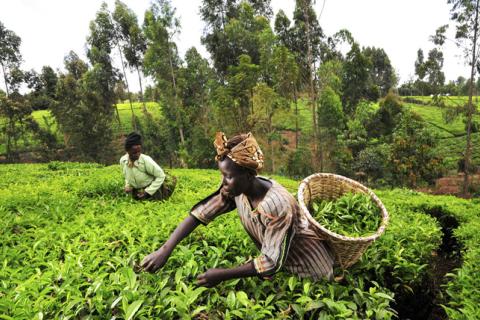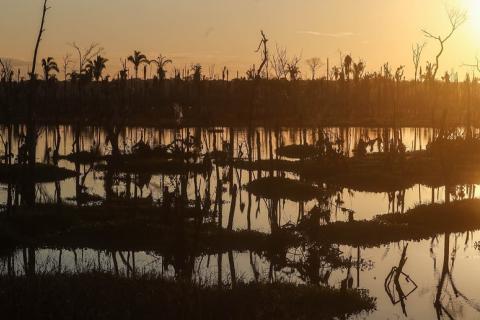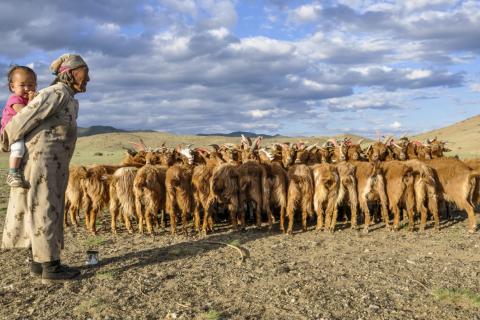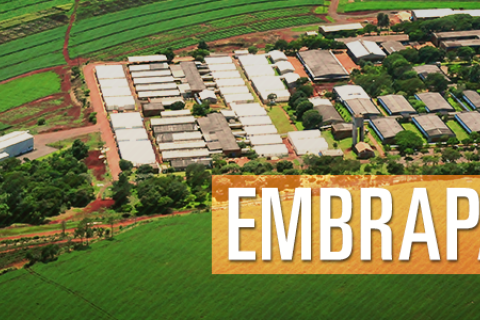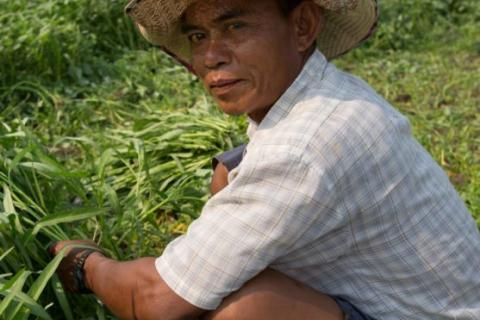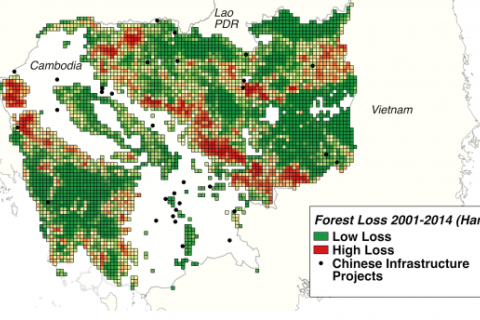Land Rights: A Crucial Strategy for Combatting Climate Change
Land is connected to many of our most pressing global issues. For example, a significant body of empirical evidence supports the view that strengthening indigenous and local communities’ legal rights to their land is a crucial strategy for avoiding deforestation and mitigating climate change.

